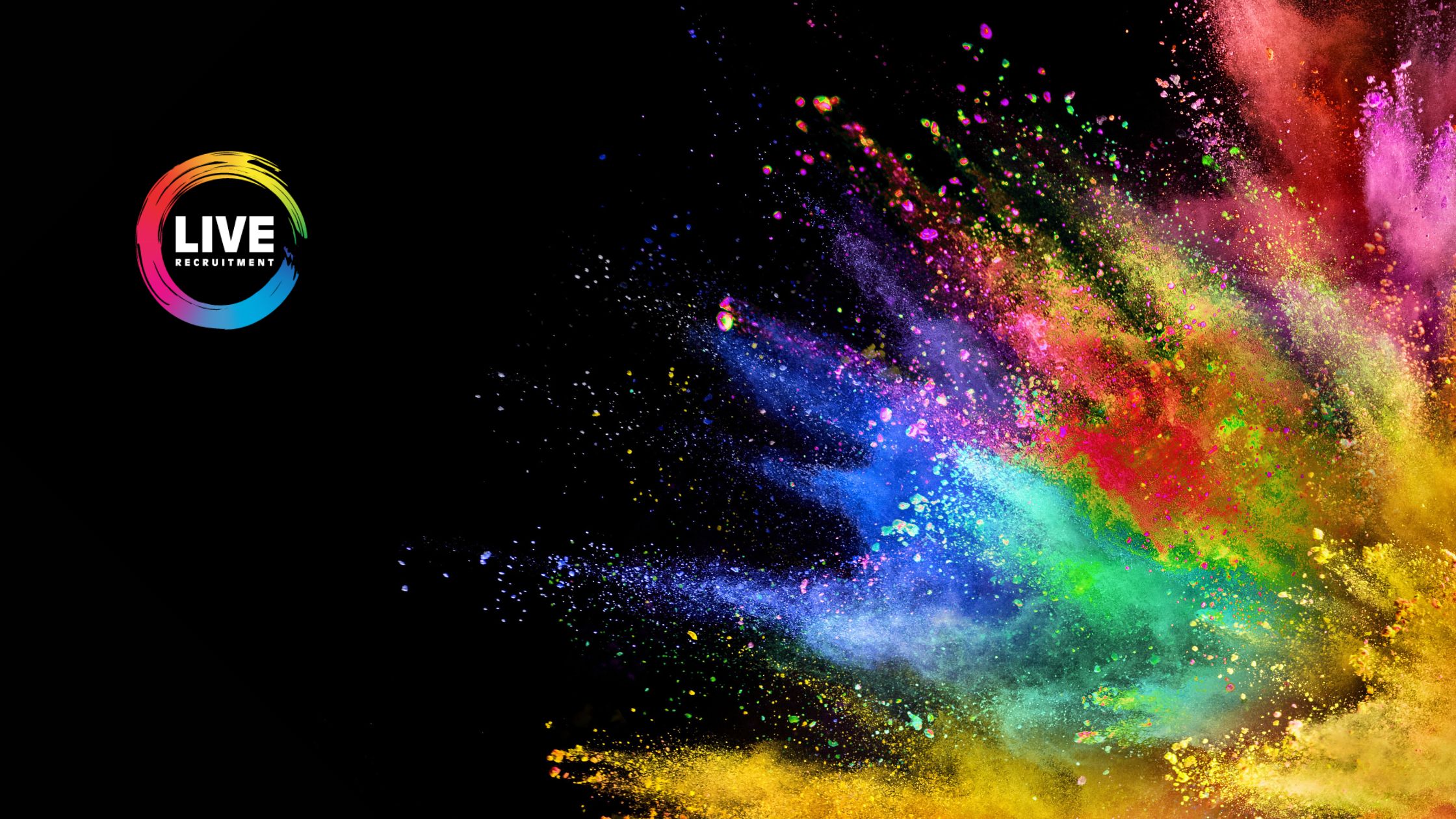Ageism remains one of the most overlooked biases in the events industry. Despite progress in other areas of diversity, older professionals continue to face barriers to progression, fair pay, and inclusion.
Age discrimination persists across the events sector.
Older professionals often overlooked for leadership roles.
Pay gaps impact professionals at different life stages.
Inclusion requires valuing experience and fresh perspectives.
Diversity conversations rarely mention age - but they should. Older professionals are being edged out of the events industry, and with them goes invaluable expertise.
The UK workforce is ageing - nearly one in three workers is now aged 50 or over, according to the Office for National Statistics. Yet, in the UK events industry, the presence of older professionals drops dramatically with age. The Live Recruitment Diversity Report 2025 shows that just 11.1% of the workforce is aged 46–59, and only 1.5% is over 60. This stark contrast suggests that the industry may not be retaining, or recruiting, older talent in meaningful numbers.
The impact of age bias in events
This underrepresentation isn’t merely a demographic quirk - it reflects a wider trend. Research from the Centre for Ageing Better highlights that older workers often face assumptions of being “less adaptable” or “out of touch” in fast-paced, tech-driven sectors. In 2022, the CIPD found that only 42% of UK employers actively promote age diversity in their hiring and progression practices. In events, where energy, creativity, and digital fluency are highly valued, subtle age bias may be pushing experienced professionals out of the talent pipeline — long before retirement age.
Breaking the Bias
Challenging ageism means recognising its impact on pay, progression, and representation, and taking action to change the culture of events.
Valuing Experience
A truly inclusive events industry embraces both seasoned expertise and new perspectives, ensuring every generation is represented.
Why experience matters
That’s a missed opportunity. Older professionals bring deep industry knowledge, long standing client relationships, and the kind of calm under pressure that can’t be taught. As teams age and clients diversify, intergenerational representation will matter more than ever. If the industry wants to be truly inclusive, it needs to treat age as a core part of the diversity conversation — not an afterthought. When age is perceived as a weakness, we lose the wisdom that the industry has spent decades building.
"Inclusion means valuing what every generation brings to the table. Age diversity isn’t optional — it’s essential." Laura Kelly, Managing Director, Live Recruitment
We can't afford to let age be the silent filter in our hiring and retention decisions.
FAQs
Why is ageism called the last acceptable bias?
Unlike other forms of discrimination, ageism is often overlooked in diversity conversations, leaving older workers excluded.
How does ageism affect the events industry?
It limits opportunities for older professionals, reinforces pay gaps, and undervalues the expertise they bring to projects.
What can employers do to tackle ageism?
Employers should embed age into diversity strategies, promote mixed-age teams, and create progression opportunities for all.


